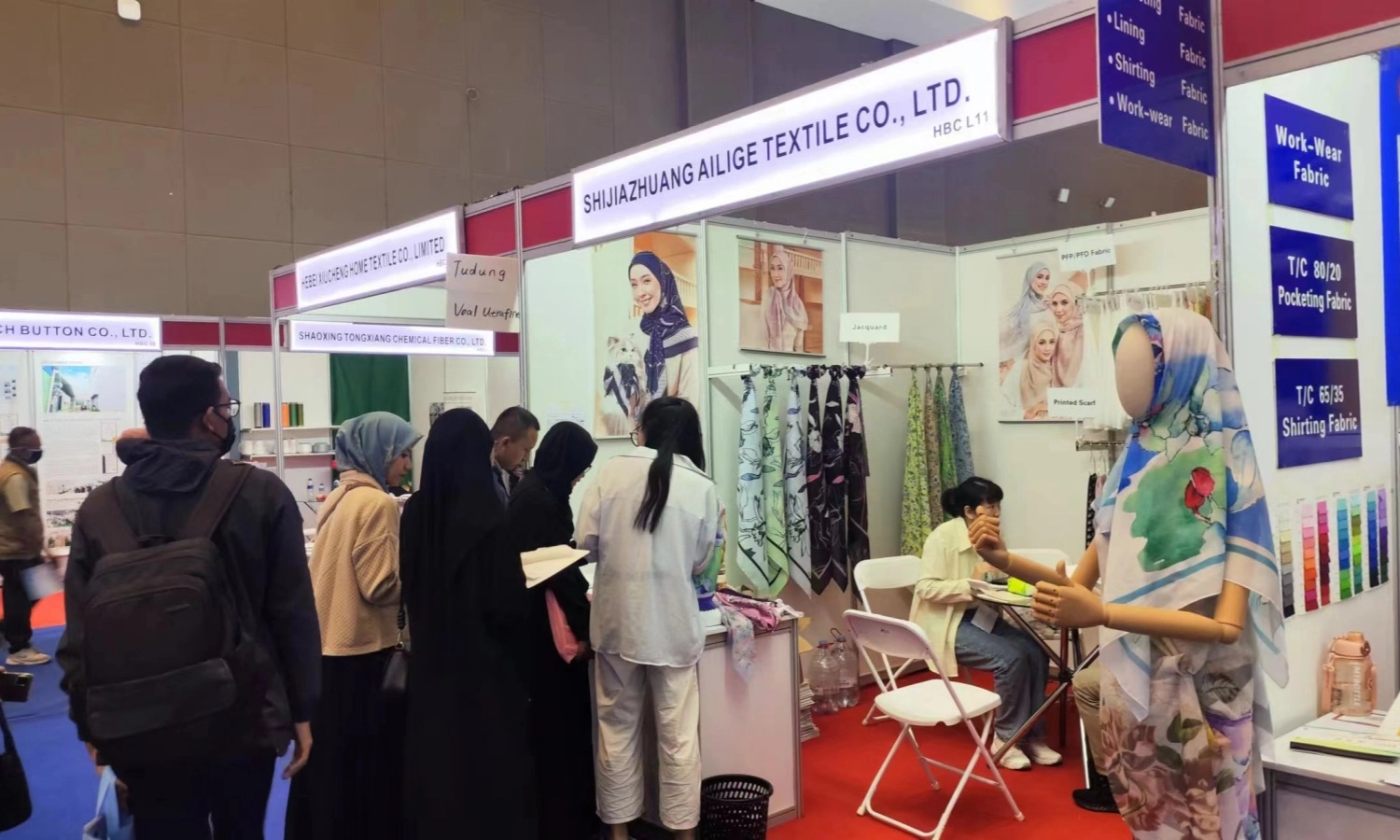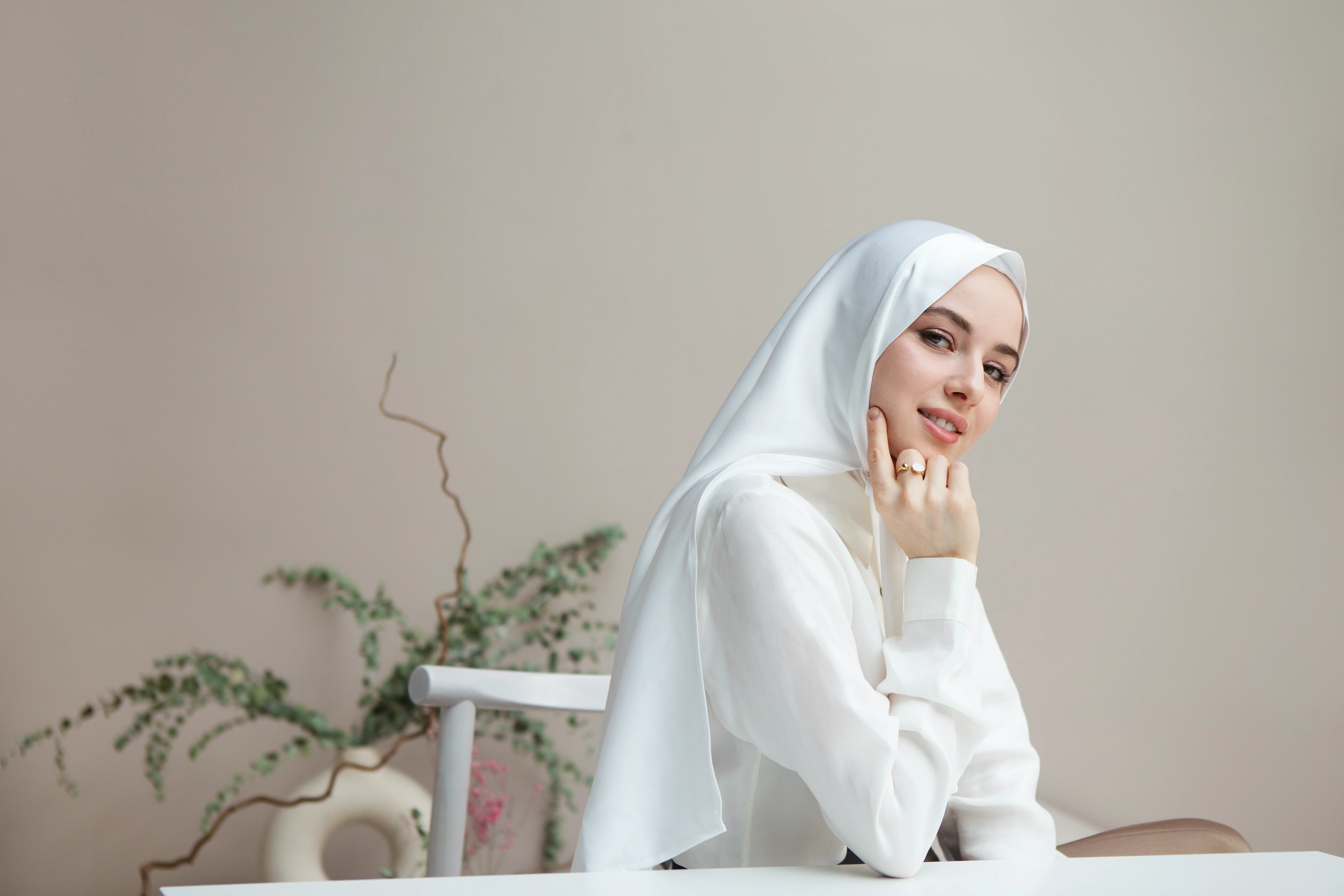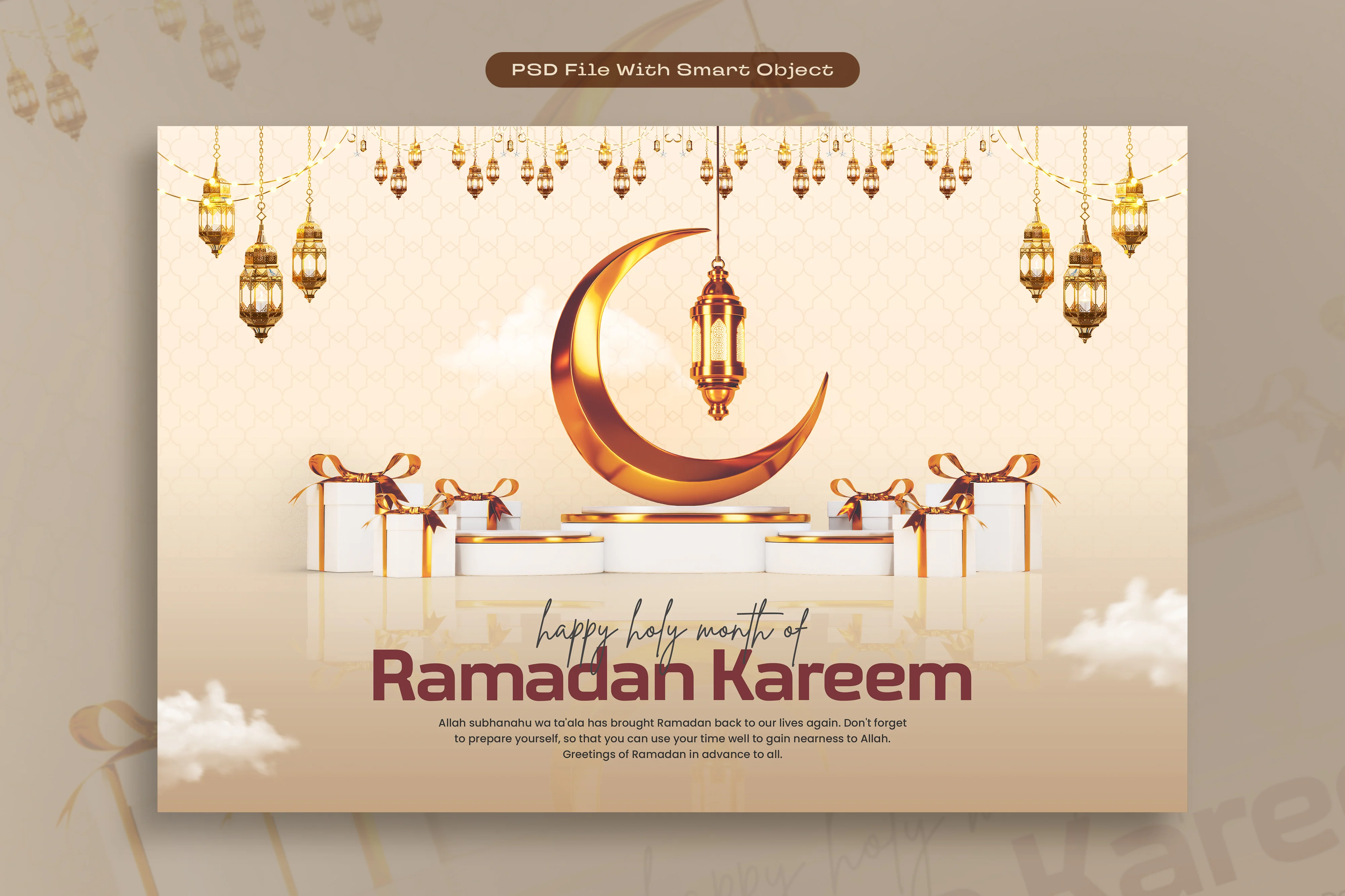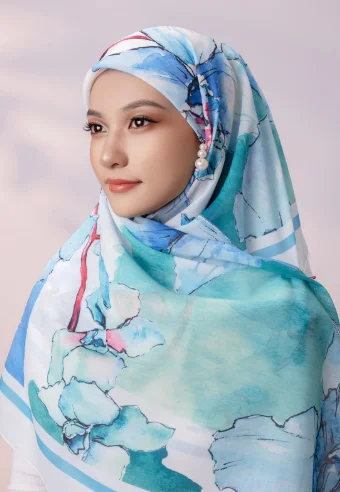Do You Have to Wear Hijab During Ramadan?
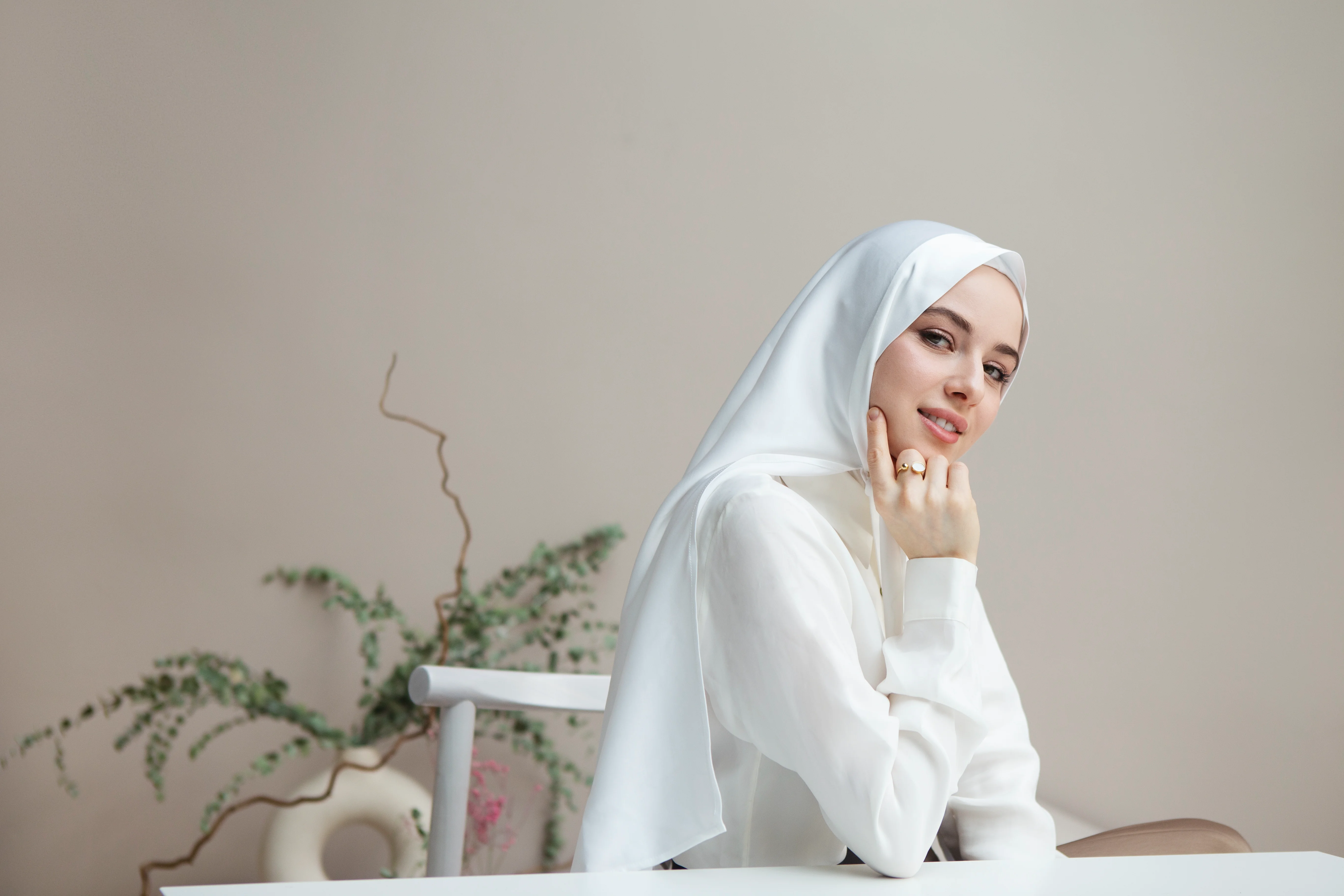
Uncover the profound meaning behind wearing a hijab during Ramadan. Investigate its spiritual relevance, societal viewpoints, and personal decisions. Find out why Jinlai ranks as a dependable provider of exceptional hijabs, and gain insight into frequent queries about this impactful custom.
Introduction
A hijab during Ramadan will prompt questions regarding the nature and purpose of the tradition. Ramadan, a holy period for Muslims, is a time of prayer, fasting, and heightened spirituality. Understanding divine mandates and community tradition is necessary to understand the role of the hijab.
Context of Ramadan
Ramadan is the largest Muslim festival, a time of fasting from dawn until dusk. It is not simply fasting from liquid and food. It is rather the time when Muslims get to purify their souls, master self-control, and strengthen their spirituality. During these weeks, the majority of Muslims totally give themselves to additional prayers, the recitation of the Quran, and charitable works. The religious atmosphere during Ramadan encourages the Muslims to reflect on their spirituality-driven habits, including how they dress.
The Hijab in Islamic Practice
Hijab is a scarf that is used by millions of Muslim women as a sign of their commitment to modesty, a virtue greatly cherished in Islam. It is greater than a religious and identity marker to those who use it. The role of the hijab extends far beyond the fabric; it is a sign of profound commitment to religious doctrine of humility and behavior.
The Significance of Hijab in Islam
Grasping the hijab’s value involves delving into its profound spiritual importance and cultural perspectives. These elements shape how individuals approach wearing the hijab during Ramadan.
Religious Importance of Hijab
Modesty is a central doctrine in Islam applicable to men and women alike. Modest dress for females is part of Islamic humility practice. Muslim females in the Quran are requested to be modestly dressed and to veil their hair out of reverence for God. While there will be variation in interpretation by scholars and communities, the fundamental reality is the same: the hijab is a symbol of commitment and loyalty to Islamic values.
Cultural Perspectives on Wearing Hijab
Cultural influences exert a significant control over perception and practice of the hijab in different societies. In some, hijab wearing is deeply ingrained within community norms and practices. In others, it may seem more of a personal preference. Cultural inclinations can affect people in forming conclusions regarding the need or suitability of hijab dressing during Ramadan.
Wearing Hijab During Ramadan: A Choice or Obligation?
Whether to don a hijab during Ramadan is either the individual's choice or an obligatory behavior based on understanding holy commands in conjunction with actual accounts.
Religious Guidelines on Wearing Hijab
Islamic doctrine offers counsel on humility, yet it doesn’t declare that wearing a hijab during Ramadan carries greater weight than at other periods. The expectation of modest garb persists year-round. Still, the intensified reverence of Ramadan might spur some women to initiate or recommit to wearing the hijab. For those already practicing it, Ramadan offers a moment to muse on its spiritual depth.
Personal Experiences and Choices
Lived moments deeply affect choices about wearing a hijab during Ramadan. Some women may opt to begin wearing it in this blessed time due to its holy vibe. Others might decide based on inner faith or community norms. Personal leanings often arise from convictions about spirituality, selfhood, and group connection.
In summary, whether you elect to wear a hijab during Ramadan rests on diverse elements like spiritual insight, societal heritage, personal values, and unique contexts. Reflecting on these points fosters thoughtful decisions that resonate with one’s faith path during this spiritually uplifting season.
Jinlai: A Reliable Supplier for Quality Hijabs
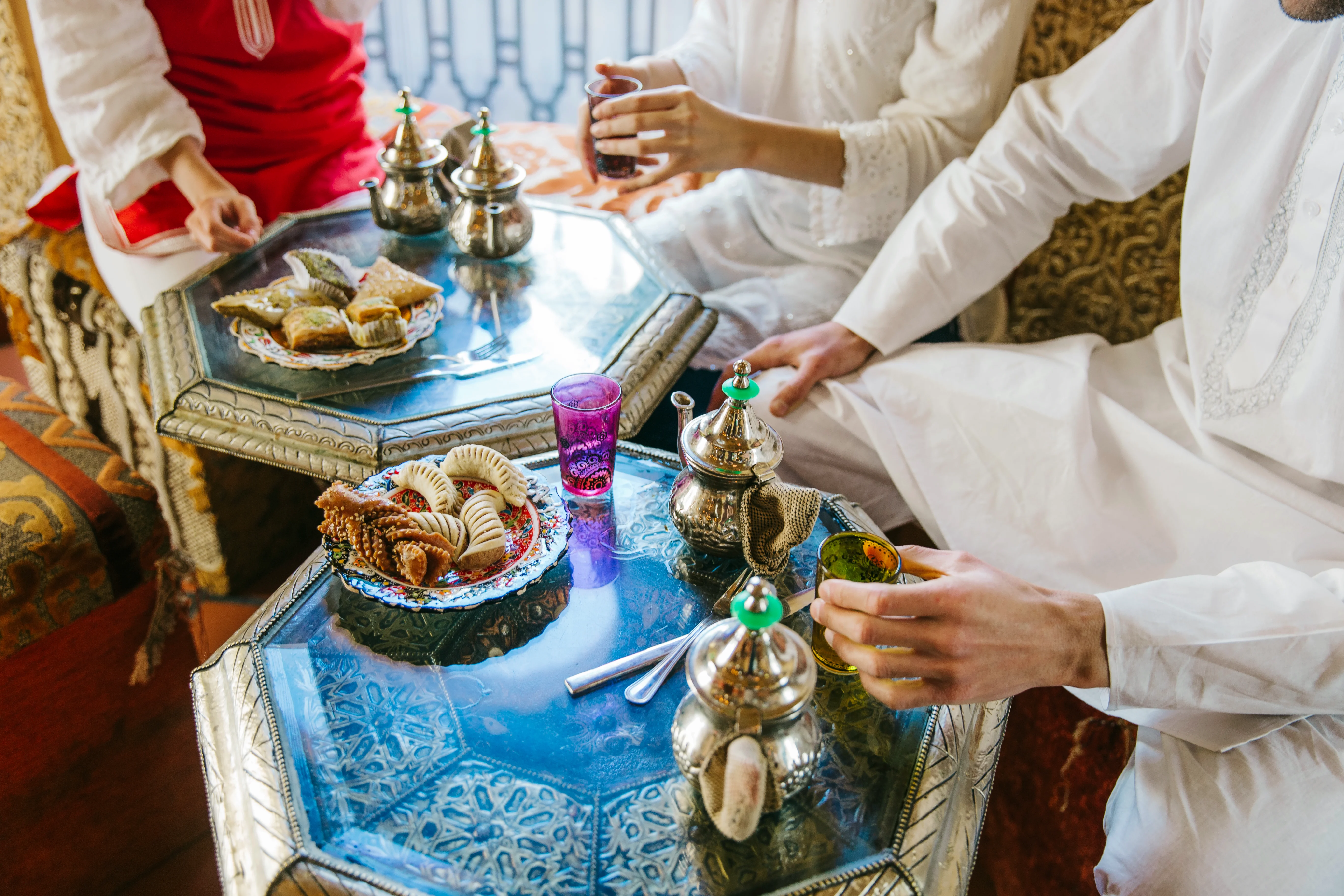
When pondering where to obtain a hijab, particularly during Ramadan, it’s vital to pick a source that delivers superior items and steadfast support. Jinlai shines as one such provider, celebrated for its devotion to supplying top-tier hijabs that address the varied demands of Muslim women.
Overview of Jinlai's Product Offerings
Jinlai presents a broad assortment of hijabs in multiple forms, materials, and hues to suit diverse tastes and societal habits. Their lineup features both classic and contemporary patterns, guaranteeing that every woman can discover a hijab aligning with her flair and spiritual needs. Jinlai’s goods are fashioned from premium fabrics that ensure ease and sturdiness, rendering them apt for daily use and festive events during Ramadan.
Customer Testimonials and Satisfaction
Buyers who’ve acquired hijabs from Jinlai frequently voice delight with the item quality and assistance provided. Favorable reviews spotlight the careful artistry, the range of options on offer, and the simplicity of online buying. Many patrons value the swift shipping and attentive help from Jinlai, which elevates their overall purchasing journey. These qualities bolster Jinlai’s status as a reliable name in the marketplace.
Conclusion
Determining whether to wear a hijab during Ramadan entails understanding sacred lessons, societal currents, and personal resolve. While Islamic counsel stresses humility, opting to wear a hijab remains a personal call shaped by numerous influences. For those choosing to don a hijab in this hallowed time, selecting a trustworthy source like Jinlai ensures access to superior goods that mirror both devotion and personal taste.
FAQs About Wearing Hijab During Ramadan
Is it mandatory for all Muslim women to wear a hijab during Ramadan?
Wearing a hijab isn’t distinctly required during Ramadan. Rather, it ties to the wider Islamic tenet of modesty that holds true all year. The choice remains personal, guided by individual convictions and readings of sacred lessons.
Can non-Muslims wear a hijab as a sign of respect during Ramadan?
Non-Muslims might choose to wear a hijab as a gesture of unity or reverence when joining activities or visiting spots where it’s customary. They should, however, grasp the hijab’s meaning in Islam. Approaching it with cultural care is wise.
What are the prevalent myths about wearing a hijab during Ramadan?
There are some myths suggesting that hijab is more required in Ramadan compared to any other time or that all Muslim women must follow this practice strictly. In fact, hijab wearing depends on individual decisions that are the results of spiritual awareness and social contexts, not necessarily the practice of Ramadan.

